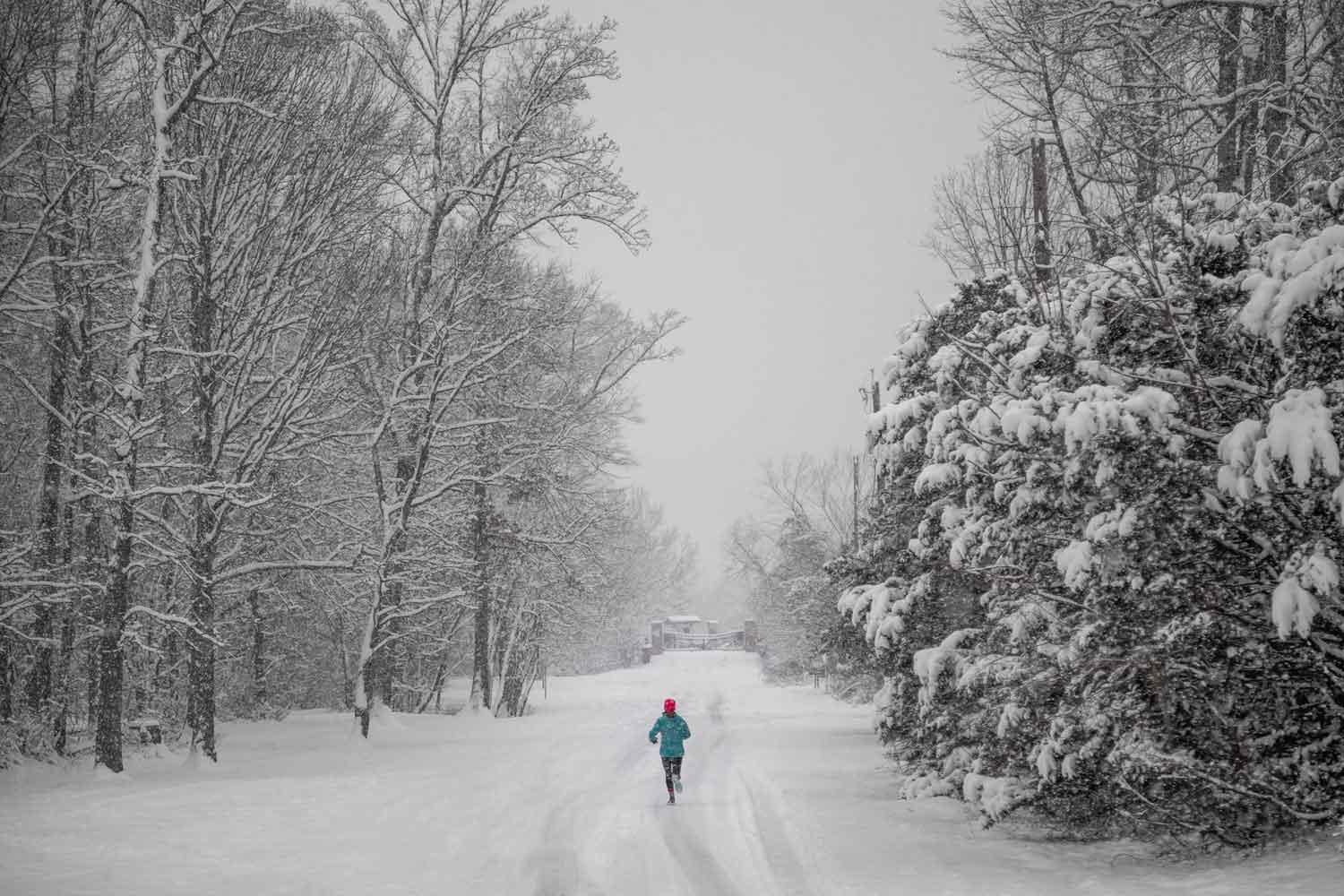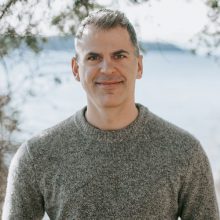A few years ago, I had a bit of a Forrest Gump moment. I was sitting on the couch one evening in Vancouver, watching Netflix with my partner, when suddenly something came over me and I blurted out: “I think I’m going to go for a run.”
“A run?” she said, surprised.
“Yeah, like a jog. Just around the block. I just feel like it.”
I pulled on a pair of old shoes and off I went. And I just kept running.
Gradually, I added time and distance – there is a beautiful urban park with a lake near our home. The practice expanded into exploring the temperate rainforests around Vancouver through trail running. And a love affair developed with the old-growth trees, rivers, forests, and the other beings who occupy them.
Aside from running meditatively these past few years, I’ve been absorbed by the roar of waterfalls, melted into beds of moss, negotiated space with a black bear, and sky gazed. And in the wild, I’ve found a sense of connectedness and ease, because I am reminded of who I am. I remember that I’m not separate.
One of my dearest friends died unexpectedly last year. Besides my sangha and my sitting practice, it’s been nature that’s helping me to heal this broken heart.
There is so much turbulence in the world today. Greed, hatred, and delusion seem amplified. Reconnecting with nature through our practice can help us engage with these conditions more skilfully. I, for one, could certainly use some help with that. As the Indigenous poet Joy Harjo writes: “Let the earth stabilize your insecure postcolonial jitters.“
In the story of the Buddha, he lived, taught, traveled, and passed away in forests. Most Buddhist communities historically have lived and practiced in forests, jungles, and mountains. For many of us in the western world, over the past 150 years in particular, but dating back perhaps 10 000 years to the first agrarian revolution, we have fallen under the illusion of separateness from nature. This has had drastic implications for our treatment of the natural world, which is now reaching a crisis point with climate change.
Wild places can transform us.
We can transform our relationship with wild places.
I find that feeling more connected with nature calls me to do more to protect it. Nature also sustains me in doing the work required for that. This strikes me as particularly critical at this stage of history.
I’m looking forward to exploring this with you more on Sunday, and hearing your perspectives.
With Metta
Brian

